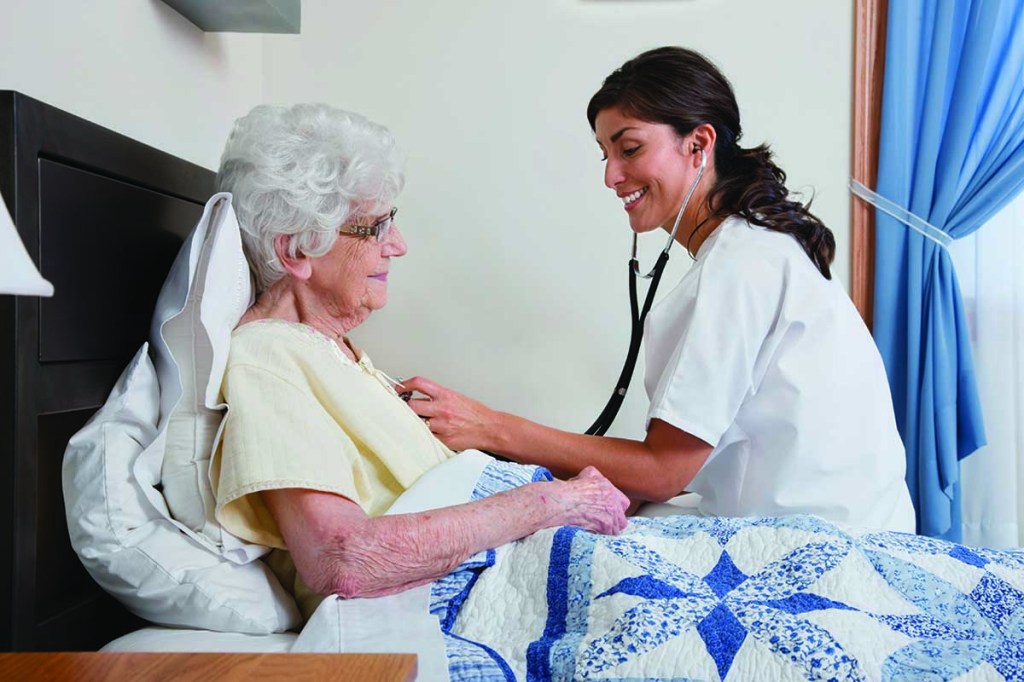What is a private duty nurse?
Published 9:01 pm Monday, May 6, 2024

- Private duty nurses primarily work in patients’ homes offering care to the sick.
Nursing is a rewarding field. Nurses work in various clinical settings, such as hospitals, doctors’ offices, skilled nursing facilities, and even schools. Still other nurses prefer one-on-one care as private duty nurses.
Private duty nursing is similar to home health nursing, in that care is provided to patients in their homes, according to Nurse Journal. Generally speaking, private duty nurses offer care to patients who have prolonged, serious conditions that require experienced nursing skills. These patients opt for the comforts of home over health care facilities. Private duty nurses tend to work the day shift, checking up on their patients, then relying on other members of health care teams, namely certified nursing assistants or home health aides, to bridge the gap in care.
Private duty nursing enables patients to receive quality care at home. These nurses provide personal attention and manage medical equipment and technology. Maxim Healthcare Services says private duty nursing is sometimes referred to as continuous skilled nursing or block shift nursing. Individuals with ALS, Parkinson’s disease, those recovering from strokes, or children who have congenital conditions or diseases often benefit from the care provided by private duty nurses. The nurses will offer anything from ventilator care to G tube care and feeding. They’ll also assess vital signs and may monitor or administer medication.
According to ZipRecruiter, private duty nurses may work for home health agencies, though some are self-employed. Most private duty nurses are RNs or LPNs and have earned associate’s or bachelor’s degrees in nursing with clinical experience. They also must pass the NCLEX exam. Quite often nurses who were once medical-surgical nurses transition to private duty nursing since they have the experience and knowledge to operate medical devices that assist home health care patients.
Patients who are considering private duty nursing may be happy to learn that, in many instances, insurance companies will cover the services if it is deemed medically necessary. For example, Aetna says home nursing care is medically necessary after certain criteria are met and when recommended by the member’s primary care/and or treating physician. Private duty nurses may be paid through large insurance companies, government-subsidized health plans or patients’ private funds.
Private duty nursing is a viable choice for nurses with knowledge of medical equipment who want to work outside more traditional health care settings.





